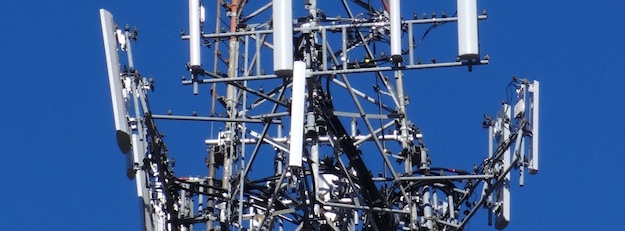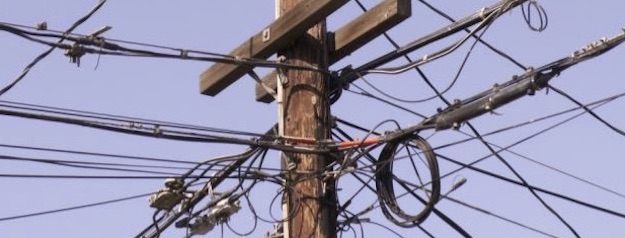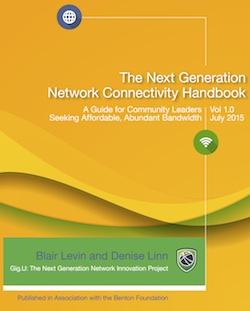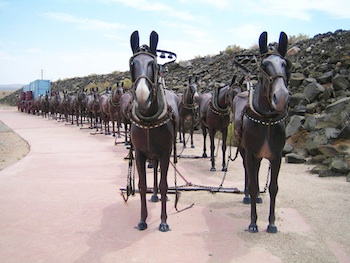Rapid growth in mobile data use puts pressure on everyone
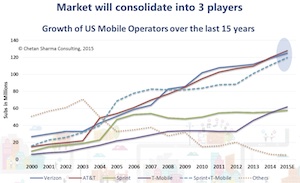
Click for the full presentation.
Mobile data consumption in the U.S. is growing exponentially, with typical usage hitting 2.5 GB per month, according to a report released by Chetan Sharma Consulting…
… MoreThe average mobile data consumption (cellular) is approximately 2.5GB/mo. In the US, it took roughly 20 years to reach the 1GB/user/mo mark. However, the second GB mark has been reached in less than 4 quarters. An entire year’s worth of mobile data traffic in 2007 is now reached in less than 75 hours.

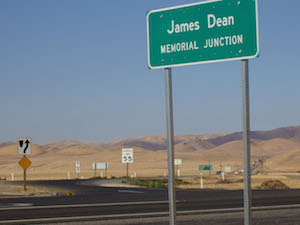
![Eric Jones [CC BY-SA 2.0 (https://creativecommons.org/licenses/by-sa/2.0)], via Wikimedia Commons](https://www.tellusventure.com/images/2015/8/life_buoy.jpg)
![Gavindow at en.wikipedia [GFDL (https://www.gnu.org/copyleft/fdl.html) or CC BY 3.0 (https://creativecommons.org/licenses/by/3.0)], from Wikimedia Commons](https://www.tellusventure.com/images/2015/8/shot_clock.jpg)


